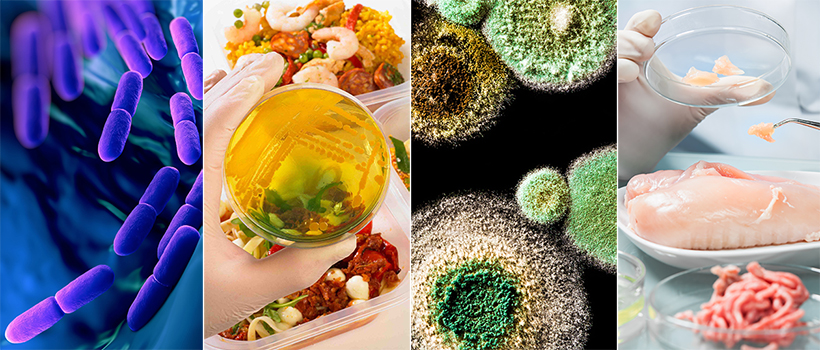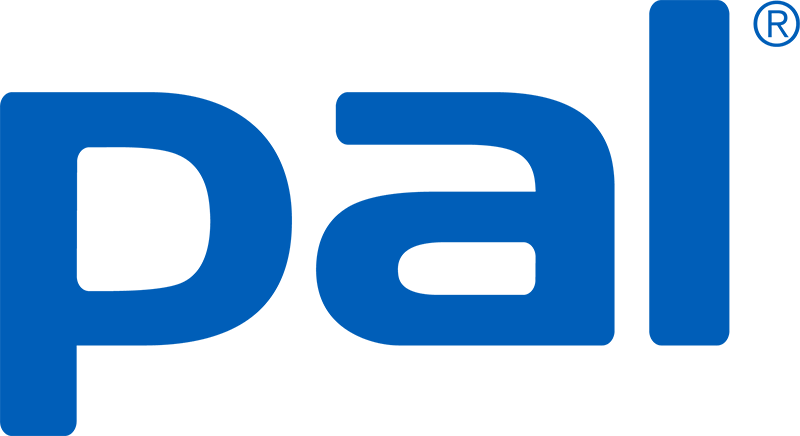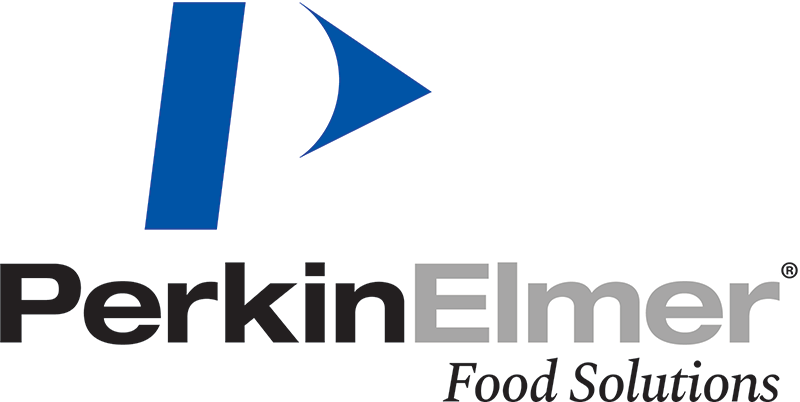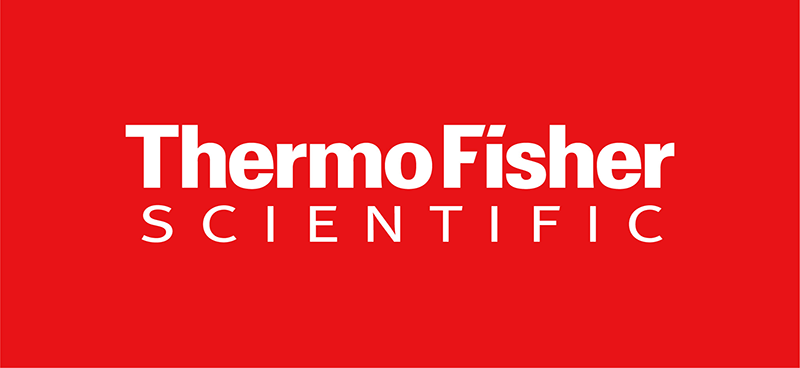
Hot topics in food microbiology
Summary
Join us to discuss the industry’s most pressing concerns, as our popular annual ‘Hot topics in food microbiology’ conference returns.
Food poisoning and spoilage caused by microbiological issues represent a significant risk in terms of time, costs and potential damage to the brand, so they are critical to address.
From the latest on STEC, Salmonella and Listeria to strategies for managing and mitigating risks. Whether you are involved in the microbiological testing of food or oversee the hygiene and safety of food production, this conference will look at topical areas of greatest concern, so that delegates are kept up to date with the latest information and thinking.
Who should attend?
This is an essential ‘not to be missed’ event for food and beverage industry microbiologists, technical managers, food manufacturers, quality assurance personnel, food safety managers, buyers etc.
Event Director
Fiona Cawkell
Exhibiting
Programme
| Time | Presentation |
|---|---|
| 08:45 | Registration and arrival refreshments |
| 09:00 | Welcome and Chairman’s introduction Alec Kyriakides, Independent Food Safety Consultant |
| 09:15 | Food safety culture Food Safety Culture has been phrased, referenced and adopted across many companies. However, we may find ourselves asking the question, is it food safety culture or just culture that defines our behaviour with regards to food safety. I believe it is the latter and by addressing it in this fashion, we may be more successful in enhancing food safety in our companies. Prof Bizhan Pourkomailian, McDonald’s Restaurants |
| 09:55 | Salmonella: why does it cause so many foodborne disease outbreaks? Salmonella spp. are a significant cause of food borne disease causing a large number of incidents and outbreaks globally. The organism, its sources and transmission to foods and factors affecting its growth and survival are well researched and understood. This presentation will explore the disconnect between knowledge and understanding of the organism and the continued disease burden from its continued presence in food. It will use historical and recent outbreaks to highlight food safety management vulnerabilities and seek to identify the most effective measures for reducing the risk associated with this enteric bacterial pathogen. Alec Kyriakides, Independent Food Safety Consultant |
| 10:35 | Hot News! An update on our sponsor’s products |
| 11:00 | Refreshment break and an opportunity to view the exhibits |
| 11:20 | Shiga toxin–producing Escherichia coli (STEC) O145:H28 outbreak linked to pre-packaged sandwiches in the UK, 2024 Non-O157 STEC serogroups are increasingly causing large foodborne outbreaks of severe illness. We describe the investigation into the 2024 UK-wide STEC O145:H28 outbreak- the largest since whole genome sequencing was implemented in 2015. Epidemiological and food chain investigations determined UK-grown salad in pre-packaged sandwiches was the vehicle, enabling implementation of control measures and highlighting the food safety challenges associated with ready-to-eat products. Amy Douglas, UKHSA |
| 12:00 | Hot News! an update on our sponsors products |
| 12:25 | Lunch and an opportunity to view the exhibits |
| 13:20 | The role of cleaning and disinfection to prevent and eliminate Listeria in the food production environment Listeria monocytogenes possesses characteristics that enable it to persist in food production environments. Implementing an effective cleaning and disinfection program is essential to prevent and eradicate Listeria contamination. This presentation discusses whether certain cleaning and disinfection agents are more effective than other agents. It includes insights from food companies and leading providers of cleaning and disinfection agents, based on an international survey. Additionally, the study presents a case example of how a company, linked to a Listeria outbreak, managed a persistent strain, detailing both successful and unsuccessful strategies. Dr Solveig Langsrud, Nofima, Norway |
| 14:00 | Managing the risk from viruses in the soft fruit supply chain This presentation will describe the guidance developed and its practical application in commercial agriculture in Central and East Europe to minimise the risk of virus contamination in imported frozen soft fruit. Dr Jeff Banks, Food Safety Assurance |
| 14:40 | Refreshment break and an opportunity to view the exhibits |
| 14:55 | The supplement that backfired: from wellness claims to food safety recall Amina Ismal Ahmed, UKHSA |
| 15:25 | Assessing the effectiveness of natural antimicrobials This presentation explores the application of natural antimicrobials for food preservation. We share insights from a multi-phase research project, including screening for activity against foodborne pathogens and spoilage organisms, Minimum Inhibitory Concentration (MIC) determination, and in-food challenge trials, with a focus on action against Listeria monocytogenes. Annette Sansom, Campden BRI |
| 16:00 | Q&A and Chairman’s closing comments |
Speakers
Prof Bizhan Pourkomailian, McDonald's Restaurants
Bizhan holds an Hons. Degree in Biochemistry, PhD in Microbial Physiology from Aberdeen University, MBA from Warwick University and is a visiting professor at Cranfield University.
His professional career began in 1994 with Unilever conducting research in S. aureus, Bacilli and managing the botulinum laboratory. In 1997 he moved to Leatherhead Food International as Principal Scientist, engaged in developing, training, and auditing food safety systems across the supply chain. January 2000, he joined McDonald’s Europe as Food Safety Manager overseeing food safety systems across the European Supply Chain from land to hand. His responsibilities grew to cover packaging safety, crisis management and Social Accountability. In 2015 he was promoted to Global Director for Restaurant and Distribution. In his career, Bizhan has been responsible for establishing, maintaining, and driving for continuous improvement of food safety systems, culture, and requirements within it. He is on various advisory boards and committees with professional bodies and academia, including EFSA emerging risk, BRCGS, FSSC and ISO.
Alec Kyriakides, Independent Food Safety Consultant
Alec Kyriakides is a food safety consultant with over 35 years experience in the industry, spending 28 years managing technical operations at the retailer Sainsbury’s, prior to which he worked in food manufacturing. He is a qualified microbiologist and co-author of books on the practical control of foodborne pathogens including Salmonella spp., Clostridium botulinum, Shiga toxin-producing E. coli and Listeria monocytogenes. He is currently a Non-Executive Board Director of Campden BRI, a Board Trustee of the Institute of Food Science and Technology (IFST), Chair of the Advisory Committee on the Microbiological Safety of Food, Chair of the FSA Root Cause Analysis Steering Committee and Visiting Lecturer at Queen’s University Belfast.
Amy Douglas, UKSHA
Amy is a Lead Epidemiologist in the Gastrointestinal Infections, Food Safety and One Health Division at the UK Health Security Agency, formally Public Health England. Since joining the team in 2016 she has moved from a research focused role to providing scientific leadership and expertise on surveillance, outbreak response and generation of evidence to inform policy for GI infections. Through this work she has gained substantial experience leading national, multi-agency investigations into outbreaks of foodborne illness, particularly Shiga toxin-producing Escherichia coli. She has a special interest in the highest burden GI pathogens, Campylobacter and norovirus, as well as health inequalities.
Dr Solveig Langsrud Nofima, Norway
Solveig Langsrud, PhD, is a senior scientist working within the field of food microbiology at Nofima, The Norwegian Food Research institute in Norway. Dr. Langsrud holds a a PhD from the Norwegian University of Life Sciences, on the topic microbial resistance to disinfectants. She has published more than 100 scientific papers.
One of her main research interests is the question of why bacteria in general, and listeria specifically, colonize and survive in food processing environments, and particularly, how they may be tracked and eliminated by cleaning and disinfection.
Dr Jeff Banks, Food Safety Assurance
Dr Jeff Banks is a food quality and safety professional with more than 45 years’ experience. He holds a degree in Applied Biology and a PhD in Food Microbiology. After academic work he became the Microbiology Department Head at Campden Food Research. He has deep knowledge and experience in all segments of the food processing sector. He has assessed or audited over 1200 plants in over 80 countries and claims to remember all of them. He has held senior leadership positions in R&D, Quality Assurance and Regulatory Affairs in global food business such as DuPont, Cadbury-Schweppes, Kraft Foods and Barry Callebaut. Jeff feels equally comfortable in the board room, on the plant floor or in courts of law. He currently applies his knowledge to support clients in the food sector manage food safety and quality risks; ensure regulatory compliance and develop innovative solutions to complex technical challenges. He specialises in root cause analysis and incident management. He is an expert witness and has successfully applied his talents in legal cases in several countries for both defence and prosecution and in the International Court of Arbitration. He claims to have a 100% record of success - but still believes that prevention is much better than litigation. Over the years he has been sought out by businesses in crisis caused by microbes. Jeff has successfully resolved major microbiology incidents involving Salmonella, Listeria monocytogenes, and E. coli, typically during and after outbreaks of foodborne disease involving significant morbidity and mortality. Most of the time, however, Jeff works in the shadows, without publicity - the unseen hand at work – preventing problems, avoiding withdrawals and recalls and de-risking the food supply chain. As a footnote, he is a proud father of an even more famous microbiologist, Dr Emma Banks, Royal Society Fellow 2023 based at the prestigious John Innes Institute in the UK.
Amina Ismal Ahmed, UKHSA
Amina is Head of the Salmonella and One Health section at the Gastrointestinal Bacteria Reference Unit, UK Health Security Agency. She is responsible for the Salmonella Reference Service, typing and outbreak response. She has extensive experience in Salmonella contributes to national and international outbreak investigations.
Annette Sansom, Campden BRI
Annette has a wealth of knowledge and experience from working at Campden BRI since 1998, always within Microbiology.
Annette’s food and drink industry interests are: microbiology including bacteria, viruses, fungi and protozoa; food safety; food spoilage; fresh produce microbiology including vertical farming and methods to describe microbial populations.
Please note copies of the presentations will not be available on the day but a recording of the event will be made available within a few days of the event for registered delegates.











